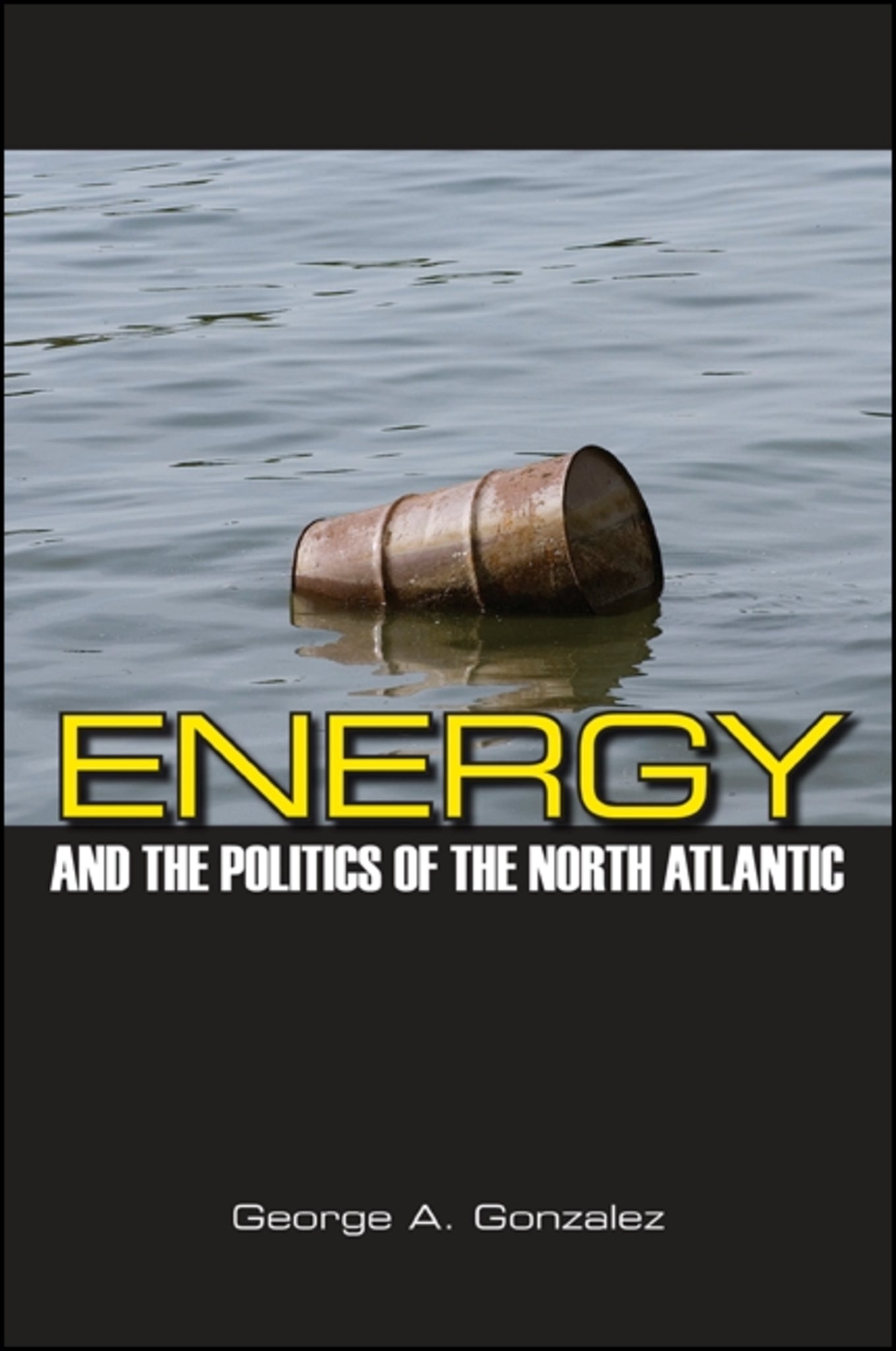We're sorry. An error has occurred
Please cancel or retry.
Energy and the Politics of the North Atlantic

Some error occured while loading the Quick View. Please close the Quick View and try reloading the page.
Couldn't load pickup availability
- Format:
-
02 July 2014

Documents how energy resource acquisition has been the driving motivator for European and American international relations.
Since the onset of the Second Industrial Revolution in the second half of the nineteenth century, energy has become a key axis of politics and international relations, particularly for the United States and Western Europe. In Energy and the Politics of the North Atlantic, George A. Gonzalez documents how the United States-thanks to its copious reserves of oil, coal, and natural gas-was able to assume a dominant position in the world system by the 1920s. This energy/economic imbalance was an important causal factor underlying the eruption of World War II. After 1945, and in the context of the Cold War with communism, the United States used its access to both fossil fuels and nuclear power as a means to defeat the Soviet Union and its allies. Driving American foreign policy, Gonzalez argues, is a domestic system of urban sprawl based on the automobile and the energy reserves necessary to maintain it. The massive consumer demand created by urban sprawl underpins US foreign policy in the Middle East, while concerns over access to energy drive the European Union project.


Introduction
1. Energy and Europe
2. The Political Economy of Energy
3. Urban Sprawl in the United States and the Creation of the Hitler Regime
4. Urban Sprawl, the Great Depression, and the Start of World War II
5. The Cold War and U.S. Oil Policy
6. Energy Depletion and World Politics
Conclusion: Oil Depletion and the Viability of the North Atlantic Alliance
Notes
Bibliography
Index



